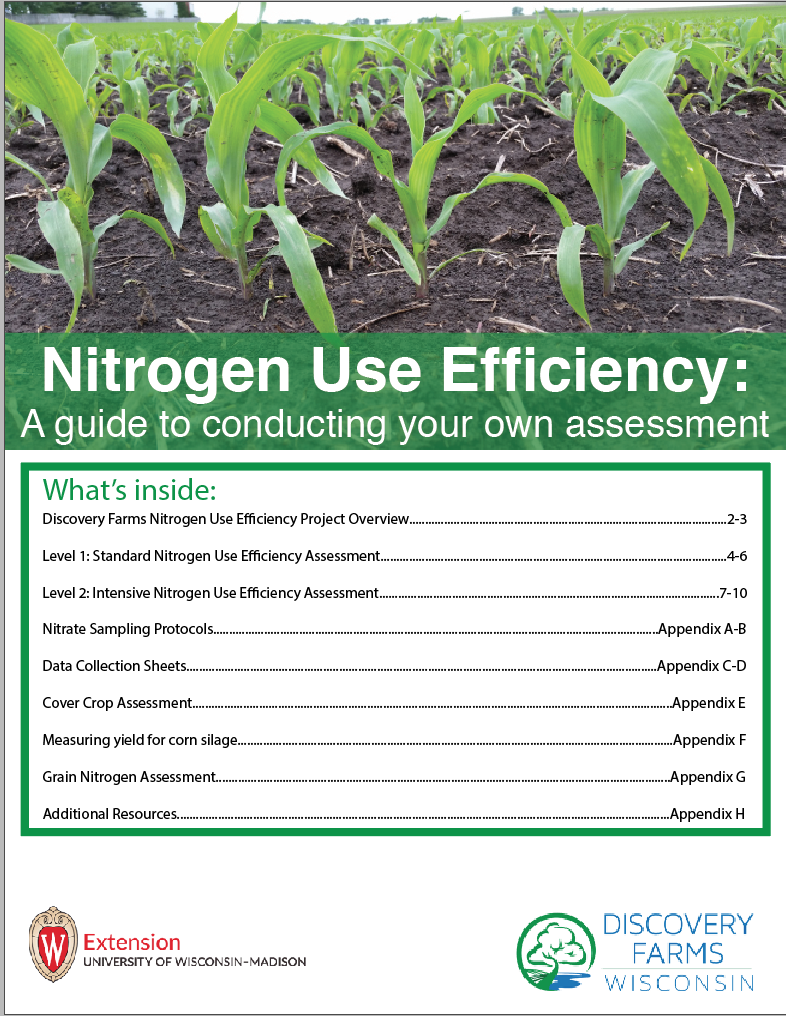I vividly remember when I became a scientist. I think I was in fifth grade, and we were assigned to develop a research question and hypothesis and collect data to illustrate the scientific method. My research question was ‘Do cows really produce more milk while listening to country music?’ and my hypothesis was, of course, that our cows would actually produce more milk while listening to my favorite rock station. I’d been hearing from my parents for a few years that it was a scientific fact that cows preferred country music, implying that it was a bad idea for me to change the radio station for my own preference. Well, I think the results were inconclusive, and my parents did their best to point out the many variables that could have interfered with my results. Thus, I wasn’t able to disprove their assertion, and the local country station continued to be the dominant music provider in our barn.
I draw a lot of similarities between that science project and the work we try to facilitate every day with Discovery Farms. We want everyone to be a scientist. This isn’t a way to discredit people that are working very hard to provide scientific advances in many different fields, but more so to encourage all of us to test hypotheses and collect our own data in addition to that which originates in more formal settings. This is merely a quest to know better, and do better.

We recently revised and released the complete guide to conducting your own nitrogen use efficiency assessment. This is an incredible resource to walk you through the steps of being a scientist in your own fields. This assessment is an opportunity to use our statewide nitrogen recommendations as a stepping stone, and understand nitrogen dynamics at a field level. Whether you’re part of a farmer-led watershed group or working together with your crop consultant, try this out. We also make data analysis pretty easy, because it can be submitted to us, and we’ll turn it into a report that will serve as the start of your database.
I know you’ll find value in understanding more about nitrogen dynamics in your systems, just like the cows enjoyed when I milked alone and turned it to my favorite rock station.
- Water quality risks and benefits to forage systems - July 19, 2021
- So, when did you become a scientist? - April 26, 2021
- We are here for you. - April 13, 2020